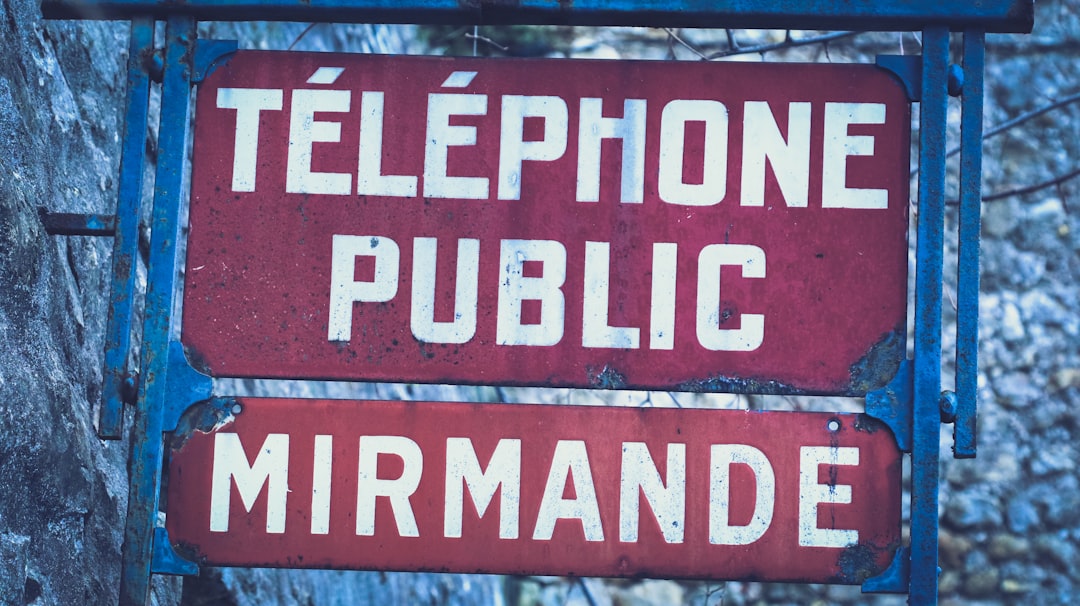Robocalls are a significant issue in Houston, with millions of residents receiving up to 20 automated calls monthly. While some are legitimate, many are marketing-related and can be harassing or fraudulent. Texas laws protect consumers from excessive robocalls, including the option to sue for damages if rights are violated. The "Can I Sue For Robocalls Texas?" question is a valid concern, as state and federal laws like the TCPA offer protection against these nuisance calls.
Houston residents are increasingly plagued by a relentless wave of robocalls, leaving many wondering about their rights and legal recourse. This article delves into the rise of automated phone calls in the city, exploring statistics, trends, and relevant laws. We examine how Texas regulations address unsolicited calls and whether victims can take legal action, including suing for robocalls under specific conditions. Understanding these dynamics is crucial for empowering Houstonians to protect their privacy.
Understanding Robocalls: A Common Complaint in Houston

Robocalls have become a ubiquitous and often irritating aspect of daily life in Houston, with many residents expressing frustration and seeking solutions to this growing problem. These automated phone calls, designed to deliver pre-recorded messages, are used extensively for marketing purposes and can sometimes be misleading or even fraudulent. While some robocalls offer valuable services, the sheer volume and lack of personalization have led to widespread complaints from Houstonians.
In Texas, as in many other states, there are laws in place to protect consumers from excessive or deceptive robocalls. If you feel you’ve been targeted unfairly by automated telemarketing calls, you may have legal recourse. Understanding your rights under these laws, including the possibility of suing for robocalls in Texas, can empower residents to take action against unwanted and nuisance calls.
Texas Laws and Regulations Against Unsolicited Calls

In the state of Texas, including Houston, there are strict laws and regulations in place to protect residents from unsolicited or unwanted phone calls, commonly known as robocalls. The Texas Attorney General’s Office has implemented guidelines that prohibit companies from making automated telemarketing calls to individuals without their prior consent. These rules are designed to ensure consumer privacy and prevent fraudulent activities.
If you’ve received a robocall in Houston, it’s important to know your rights. According to Texas laws, you can take legal action if you believe you’ve been violated. If a business has called you using an automated system without your permission, you might have the right to sue for damages, especially if the calls were harassing or caused emotional distress. The concept of “Can I Sue For Robocalls Texas?” is not merely a question but a potential course of action for residents to take against offenders.
Statistics: The Scale of Robocall Invasion in Houston

In Houston, the problem of robocalls has reached alarming proportions, with millions of residents receiving unwanted automated calls daily. According to recent studies, Texas ranks among the top states in the nation for robocall volume, with Houston being a hotbed of activity for these nuisance calls. Data from consumer protection agencies shows that on average, every Houston household receives between 10-20 robocalls per month, significantly impacting quality of life and causing widespread frustration.
These statistics underscore the urgent need for action against robocallers. While many Texas residents wonder, “Can I sue for robocalls?” the legal landscape surrounding this issue is complex. However, state and federal regulations offer some protection, such as the Telephone Consumer Protection Act (TCPA), which prohibits certain types of automated calls without prior consent. Understanding these laws is crucial for Houston residents looking to combat the robocall invasion and reclaim their peace of mind.
Legal Recourse: Can You Sue for Robocalls in Texas?

In Texas, as in many other states, robocalls have become a prevalent and often unwanted part of daily life. While some calls may be legitimate marketing efforts, others can be fraudulent or violate do-not-call lists. If you’ve been affected by excessive or illegal robocalls, it’s important to know that there are legal options available.
In terms of Can I Sue For Robocalls Texas, the answer is yes. Texas law provides certain protections against unsolicited telephone calls, and violators can be held accountable. Consumers may have grounds for a lawsuit if they can prove that the calls were harmful or caused emotional distress, or if the caller ignored state laws regarding do-not-call registries. It’s recommended to gather evidence, such as call records, and consult with an attorney specializing in telecommunications law to explore your legal recourse.






